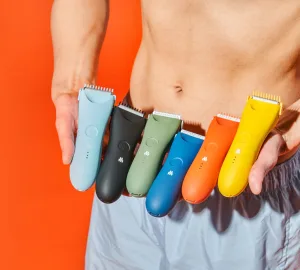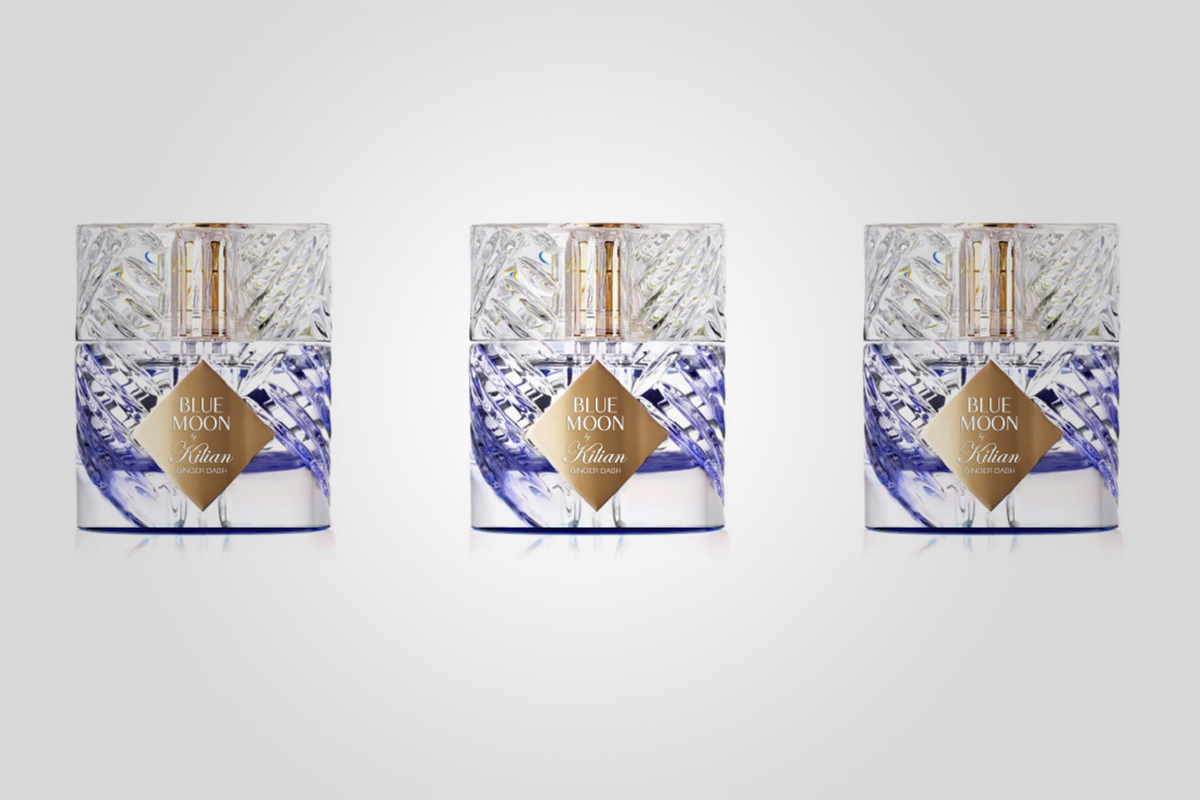Although most of us use antiperspirants on a daily basis, we don’t know too much about them other than they make us smell nice and stop sweat from appearing. However, you could learn plenty of things about a deodorizing stick, spray, or powder that will make applying them more exciting to use. Read on to see some common antiperspirant myths busted by us.
Myth 1: Men Sweat More Than Women
That isn’t always the case. While men are thought of as heavier sweaters than women, this is usually because men typically work more physical labor jobs, which leads to sweat-soaked shirts. However, women can sweat as much as the average men if they have a similar lifestyle or are at a similar or larger BMI than males of equal height and weight.
Under a microscope, sweat glands look no different between the sexes, but the amount of sweat produced can vary from person to person. If you feel like you’re sweating more than normal, you could benefit from an antiperspirant for hyperhidrosis.
Myth 2: Deodorant and Antiperspirants are the Same
Most people will use antiperspirant and deodorant interchangeably, but they are actually entirely different products. While both do prevent access body odor, antiperspirants use the active aluminum ingredients to keep your underarms dry throughout the day. Deodorant won’t use aluminum and tend to gravitate towards more organic ingredients, but not always.
What product you choose depends on your lifestyle and preferences. If you do sweat a lot but aren’t comfortable with aluminum in your antiperspirants, there are products like Dove 0% Aluminum that will be beneficial for sensitive skin.
Myth 3: Antiperspirant Cause Cancer From Blocked Sweat Glands
This rumor has little basis because a deodorant or antiperspirant doesn’t block the glands to the point that it will cause long-lasting health complications. Our sweat glands’ purpose is to cool us off when we get hot, not to detox our body. Your liver and kidneys are the primary organs that remove byproducts that are then discredited as urine.
Even if just our sweat glands are blocked, the rest of our body won’t be. It’s also unlikely that anyone will get this disease unless they are applying products that have cancer-causing agents within them. Over-the-counter deodorants and antiperspirants are considered safe for most people to use unless they’re allergic to the product.
Myth 4: You Should Apply Antiperspirant in the Mornings
It’s common for antiperspirant users to apply them in the morning after a shower or during their wake-up routine, but that it’s better to use sanitary products before you go to bed. When we sleep, our metabolism slows down, so we sweat less. It’s easier for deodorizing products to form a protective layer of wetness protection in your armpits during this time.
Does that mean you shouldn’t apply antiperspirants in the morning? Absolutely not. If you feel that the morning is a better time to use deodorizing products, then do so. However, you can experience waking up fresh every morning if you apply before bed!
Myth 5: There’s a Direct Link Between Deodorant and Alzheimer’s
This myth is a scary one to perpetuate because no legitimate data suggests deodorant will cause Alzheimer’s. The position of organizations that peddle this is that the active ingredient aluminum can up your risk of developing Alzheimer’s later in life. However, both the FDA and Alzheimer’s Association cannot find a link between the two.
Scientists have conducted tests on multiple kinds of deodorants and antiperspirants for years and don’t see any cause for concern for active users of these products. If you are concerned that your brand is unsafe, search on the FDA website to see if that product was recalled





